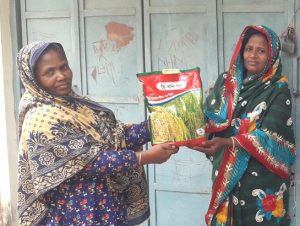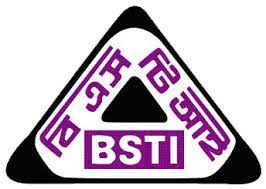A recent report titled, ‘Digital control: how Big Tech moves into food and farming (and what it means)’ by GRAIN (https://grain.org/e/6595), looks at how the world’s biggest technology companies and distribution platforms, such as Microsoft and Amazon, collectively known as Big Tech, have started entering the food sector. This trend leads to a strong and powerful integration between the companies that supply products (pesticides, tractors, drones, etc.) to farmers and those that control the flow of data and have access to food consumers.
On the input side, agribusinesses are joining the trend of getting farmers to use their mobile phone apps to supply them with data, on the basis that they can give ‘advice to the farmers. On the output side, big e-platform corporations are buying their way into the sector and taking control of food distribution. Together, they favour the use of chemical inputs and costly machinery, as well as the production of commodities for corporate buyers, not local markets. They encourage centralisation, concentration and uniformity, and are prone to abusing their power and monopolisation.
Small farms tend to be located in areas where there are minimal to no extension services and hardly any central collection of field data. As a result, the data that tech companies collect on small farms will inevitably be of very poor quality, calling into question the so-called advice small farmers will get from such digital networks. For the corporations investing in digital agriculture, however, the objective is to integrate millions of small farmers into a vast, centrally controlled digital network. Once integrated, they are heavily encouraged – if not obligated – to buy their products (inputs, machinery, and financial services) and to supply agricultural commodities that the companies can then sell onwards. The COVID-19 pandemic is also accelerating a shift towards online retail sales for food that Big Tech companies like Alibaba and Amazon have been aggressively pushing for. This works to displace millions of small-scale traders and vendors and/or state regulated wholesale systems.
There are quite a number of initiatives that aim to break with the dependence on high-tech and corporate controlled digital services. One is “FarmHack”, a worldwide community of farmers that build and modify their tools and share information around this freely on-line. Some new IT companies are driving a shift towards crowd-sourced, non-proprietary exchanges of information and research, not only within local communities but with small producers and processors facing similar conditions around the world, for example, on pest control techniques. Numerous farmer-to-farmer networks have sprouted up across the world to share information and advice, many of them using digital tools to communicate. When the COVID-19 crisis led to official food distribution channels to be cut off, many farmers went online through social media or e-commerce tools to organise alternative markets.
GRAIN calls for the corporate take-over of digital agriculture to be resisted, everywhere. For this to happen, food producers (farmers, fisher people, small retailers, street food sellers, farm workers and others) need to work together with others to break up the power of Big Tech and its billionaires and to fight for a different vision; one based on democratic and diverse participation in the production and sharing of knowledge and information.
– Third World Network




